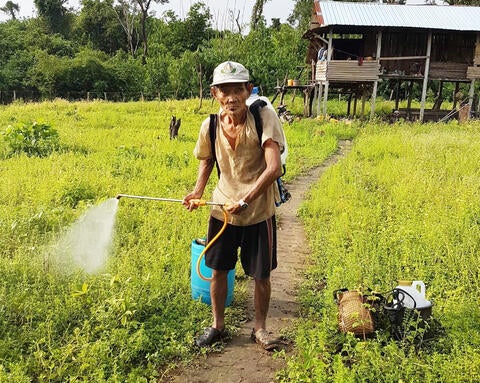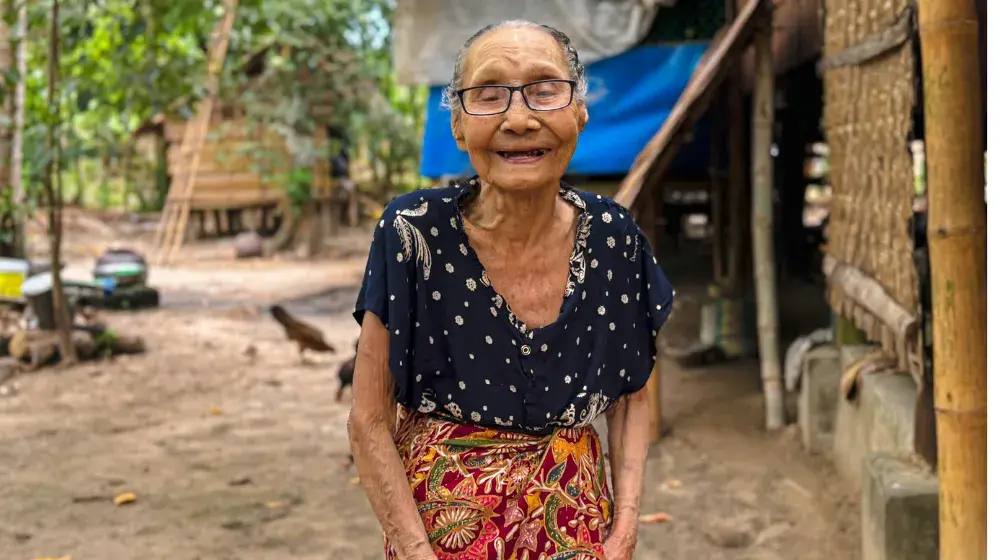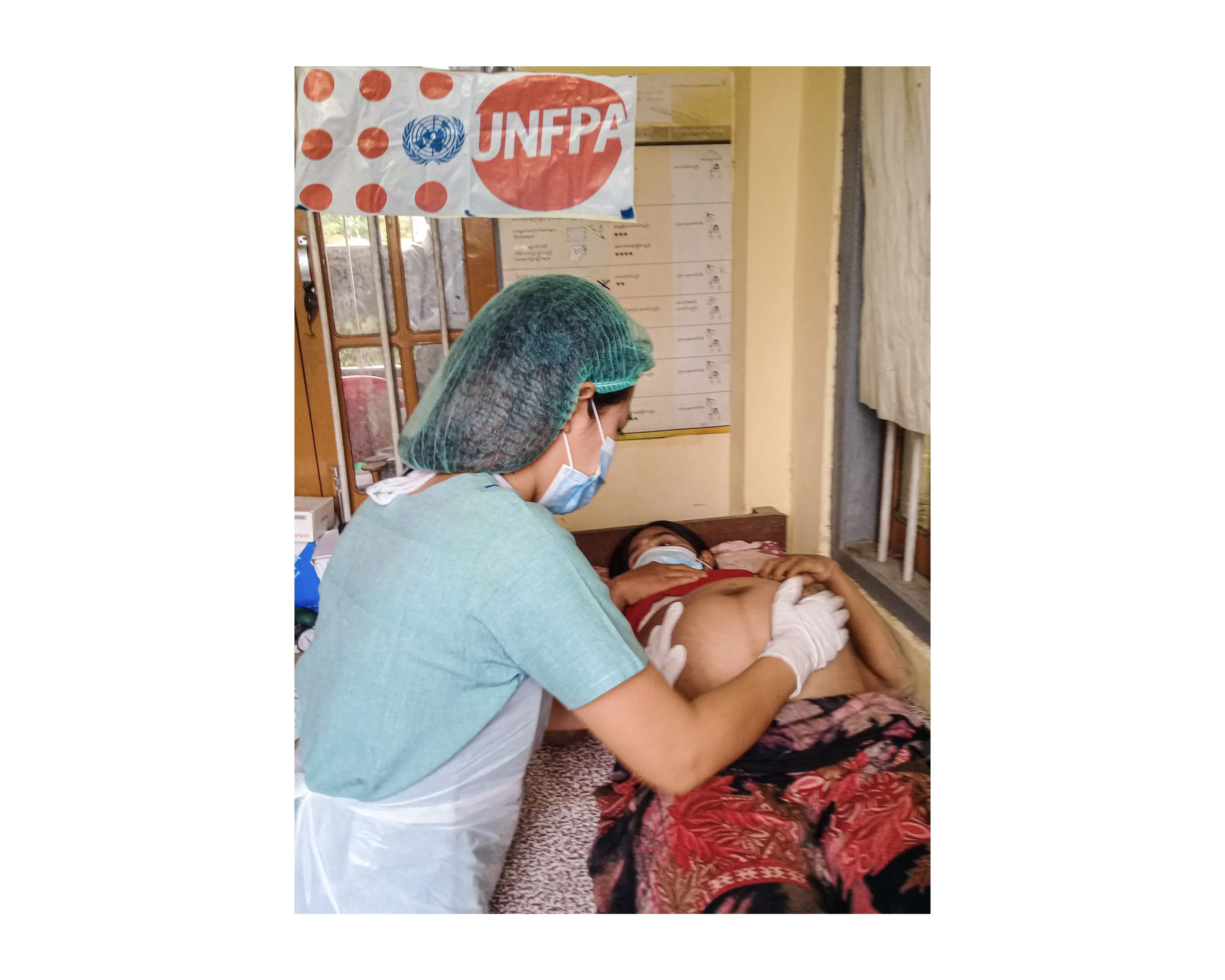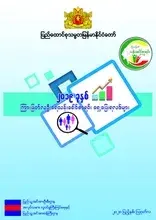KAYIN, Myanmar — “I have no choice but to pull a trishaw from morning to evening. My wife is sick, and we have to pay for her treatment. I am so tired, but if I stop to rest, she will die.”
66-year-old Tin Showe lives with his chronically ill wife in a tiny hut in the slums of Hpa-An town in Myanmar’s Kayin State. His only hope for retirement is that his son will find work when he completes school. Like most elderly people in Myanmar, Tin Showe receives no state pension. The majority of old people in Myanmar instead receive support from their family, or else they continue working, or they rely on charity.
Demographic ageing is having profound impact on societal dynamics in Asia. The functions of family, communities and governments are changing rapidly. The UNFPA-supported HelpAge Asia-Pacific Regional Conference 2018 examines how longer periods of independence in old age relate to family, community and state support structures, and how these can reinforce each other to improve the situation for elderly people. UNFPA is facilitating the participation of staff from Myanmar’s Department of Social Welfare at the conference, which takes place in Teheran 23-25 October 2018.
When comfort in old age is beyond reach
UNFPA works to raise awareness about population ageing and the need to harness its opportunities and address its challenges. A key part of this is the generation of data and analysis that are the foundations for evidence-based policies and planning. Equally important is to put ageing issues on the radar of decision-makers, and to help make sure that demographic ageing is integrated into national development programmes and poverty reduction strategies.
In Myanmar, the UNFPA-supported 2014 Myanmar Population and Housing Census revealed that the number of older people in Myanmar will almost triple in the next 30 years. By 2050 the number of people aged 60 and over are projected to grow from 4.5 million to 13 million or 20 per cent of the population.
The Thematic Report on the Older Population also uncovered the fact that that one in five people aged 65 and above still work (22 per cent). The majority of these work in agriculture, which is a physically demanding sector.
“The data suggest that economic realities oblige many people to continue heavy manual labour into old age to survive. This underlines the need for adequate social services, protection mechanisms and policies that serve older people,” says Janet Jackson, UNFPA Representative for Myanmar.

Abandoned by his family
One of these elderly people who work in agriculture is 72-year-old Shwe Marr. He was abandoned by his family two years ago. He suffers from leprosy and has lost his fingers and one eye. Banished from his village in eastern Kayin, he is now under the protection of the village pastor. His family occasionally gives him a little bit of money, but it is not enough to live on, and he mainly survives by doing farm work.
“I wish people didn’t see only my disability when they look at me. I am capable to a certain extent, and I work hard”, says Shwe Marr.
While most people are able to grow old surrounded by an extended family, there are still many people like Shwe Marr who face old age alone.
“Myanmar needs to develop safety nets for old people, such as a universal pension scheme. Both the Government and civil society must prepare to meet the challenges and opportunities of a gradually ageing population. Policies and programmes need to take into account the increase of older people and their needs”, says Jackson.
Resilience and pride
Myanmar does have some significant advantages compared to many other countries in the region, such as Singapore, Malaysia and Thailand. For example, Myanmar’s population is ageing at a relatively slow rate. In 2050, Myanmar’s age structure will be similar to that of Singapore’s today.
While the gradual demographic change gives the Myanmar time to adjust as its older population grows, there are already millions of elderly people in Myanmar who have no hope for comfort in old age, but who struggle for sheer survival.
Among the one million elderly in Myanmar who work to survive, there is suffering, but there is also resilience and pride. 68-year-old Hla Than has been a trishaw driver in Hpa-An for over 20 years and he says prefers to work for as long as he can:
“I am healthy and my job makes me happy. I will continue to pull a trishaw until I die, rather than beg my children for money for food and clothes for me and my wife.”




